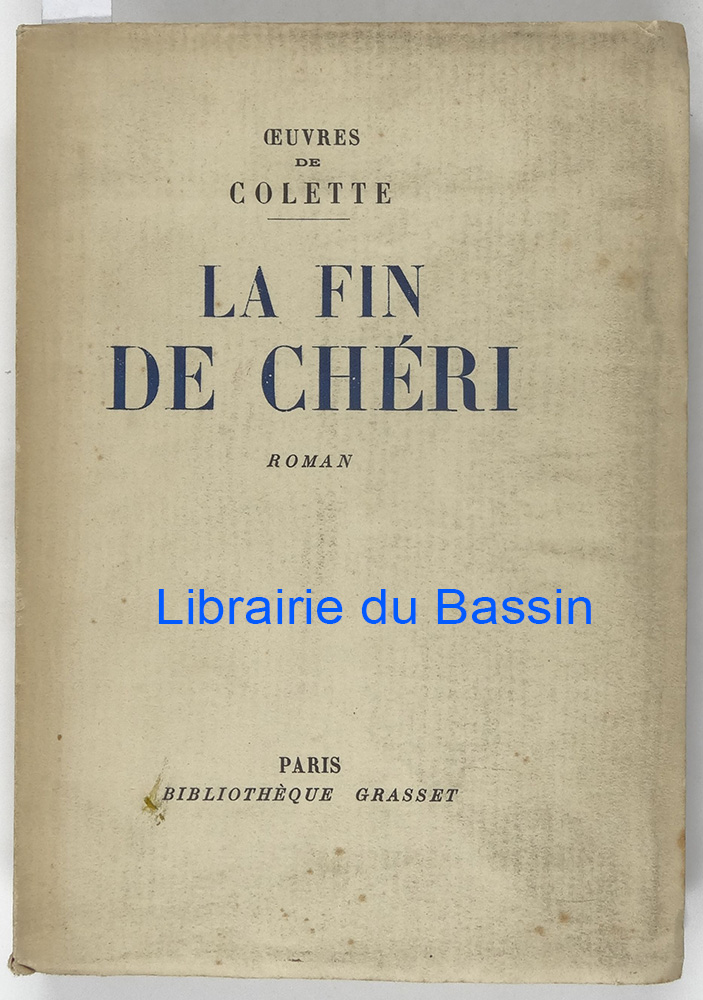

The recurrent themes of bisexual love was popularized by Colette, due in part to her unsentimental, businesslike style. Much of what she wrote appeared originally in magazines and newspapers she wrote for the daily newspaper Le matin for years. This wasn't just because of her topless performances in a nightclub, or because she had lesbian relationships andmale lovers besides, her stories themselves contained enough material for debate.

Careau’s lean, attentive translation restores to these classic novels their taut, remarkably modern style-the essence of Colette’s genius.Colette had once been married to a man who would later become an ambassador, and whom many people saw as the future president of the French republic- but people couldn't see his wife residing in the Elysée. Emotionally estranged from his independent and unfaithful wife, a psychically wounded Chéri begins an inexorable descent-one that leads him back to a stunning encounter with Léa.Īs the acclaimed writer and translator Lydia Davis puts it in an illuminating foreword, Rachel Careau’s “brilliantly ingenious, close new translation” reveals Chéri and The End of Chéri as “the strangest of love stories.” Colette skillfully portrays her characters’ shifting inner lives and desires amid a clear-eyed depiction of interpersonal power dynamics.

Chéri, now a decorated soldier, has returned from the trenches to a changed world. The End of Chéri picks up their story in the aftermath of the First World War. Chéri will soon enter into an arranged marriage, ending their six-year affair, which-they will each realize too late-has been the one real love of their lives. Set in the Parisian demimonde in the last days of the Belle Époque, Chéri tells the story of Léa, a courtesan at the end of a successful career, and her lover, the beautiful but emotionally opaque Chéri. An exquisite new translation of Colette’s tragicomic masterpiece, a pair of novels exploring the relationship between an aging courtesan and a much younger man.Ĭhéri and its sequel, The End of Chéri, mark Colette’s finest achievements in their brilliant, subtle, and frank investigations of love and power.


 0 kommentar(er)
0 kommentar(er)
